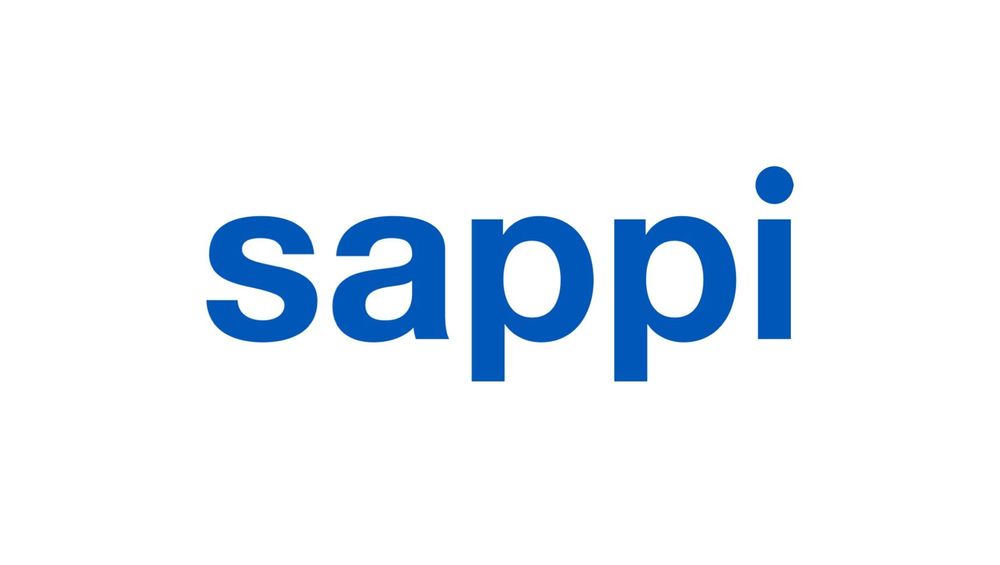Strong Community Engagement: A Recipe for Business Success
Wherever Sappi operates, we work closely with surrounding communities to align interests.

Strong engagement with local institutions, organizations and partners creates a mutual advantage for our company and the areas where we live and work.
Education Matter
At Sappi, we believe education is the foundation for success. As such, our commitment to education and training extends beyond our employees and customers to include programs and institutions in communities where our mills are located. Mark Gardner, our President and CEO, serves on the University of Maine System Board of Trustees, and other employees served as adjunct faculty at Kennebec Community College, creating enduring online course resources. We support Science, Technology, Engineering and Math (STEM) education through scholarship programs at the University of Maine, the University of Southern Maine and the Fond du Lac Tribal Community College in Minnesota.
Financial assistance is only one way we support education. We also believe that on-the-job, experiential learning helps students at all levels. We have long-term relationships with intern and co-op programs and offer positions that give undergraduate and graduate students work experience at our mills and Technology Center. Recently, we had a Codman Academy high school student intern in our Boston office; held a two-day Career Academy where Codman students interacted with Sappi employees in Finance, Customer Service, Inside Sales, Research, Production, Information Technology and Human Resources; and hosted a camp where Somerset Mill employees introduced high school students to engineering roles.
Investing time and resources in educational programs benefits our communities and our business. Students gain valuable support and work experience, and we’ve identified talented individuals who have joined Sappi and work in a variety of manufacturing and corporate positions.
Sappi Cloquet Cleans Up at the Carlton County Fair
Since 1891, the Carlton County Fair has featured fun for the entire family with creative activities, animal exhibits, rides and delicious local food. Held in Barnum, Minnesota, this past August, volunteers from Sappi’s Cloquet facility staged and emptied 40 recycling receptacles to help make the fair a safe, clean and fun experience for all!
Sustainability Customer Council Explores the Woods
The Sustainability Customer Council is composed of Sappi customers who represent key segments from the coated and release papers business units. As part of Sappi’s commitment to engaging with and understanding a variety of environmental and business perspectives, the Council meets semi-annually to discuss emerging industry issues and customer needs that impact Sappi North America’s sustainability strategy.
This past fall, for the first time, the Council met at a Sappi manufacturing site and visited a working forest. Cloquet’s forestry team—led by Gary Erickson, Regional Manager of Wood Fiber & Fuel Procurement, and Ross Korpela, Senior Manager of Wood Procurement—hosted the visit and explained the process of cutting, clearing and managing the short- and long-term health of a forest.
One of the major highlights of the tour was a stop at an aspen stand to see a cut from one year ago alongside a cut that was twelve years old. “It was incredible to see that the fledgling aspens from the year-old cut were nearly as tall as we were; the regeneration of this species is remarkable,” said Kathy Fernstrom, who chairs the Council. “The concept of sustainable forest management certainly isn’t new to this group. In fact, it’s pretty much top-of-mind. But our knowledge of the issue is nothing compared to having had this boots-on-the-ground experience, which provided us with a unique perspective and really brought home our understanding that a working forest is a healthy forest.”
Sappi Volunteers Head Up the River with a Paddle
In recent years, invasive aquatic weeds—mainly water chestnuts and milfoil—have increasingly plagued the beautiful Charles River and many other waterways throughout New England. Water chestnuts and milfoil are stringy, rapidly growing plants that are native to parts of Asia and Europe and were accidentally introduced to New England more than a century ago. They grow so fast that they leave no room for other marine life and make it impossible to boat or paddle on the river. The situation has become especially evident in the Charles River Lakes District, which spans about 200 acres in parts of Newton, Waltham and Weston. Massachusetts had adequate funding to provide machine harvesters in the 1990s, and then again in 2006 and 2007. But, with budget cuts in 2008, money to battle the weeds disappeared and the plants grew out of control.
There are now funds in place for machine control; however, volunteers are still a critical part of the solution. “Sappi’s been participating in this effort for several years and our team is always astounded by how thick the growth is,” said Duncan McFarland, Lead Sustainability Ambassador at Sappi’s Boston office. “Machines can clear out most of the weeds, but they can’t get close to shore and into the nooks and crannies.” Although these weeds might always be part of the river, machine management and the support of volunteers like our team from Sappi go a long way in keeping them under control so that the Charles River can continue to be enjoyed by all.
Read the full Sappi North America Sustainability Report 2014 by downloading an online PDF version directly from our website here or for more on sustainability, check out our eQ microsite at: http://www.na.sappi.com/eQ/index.html.

